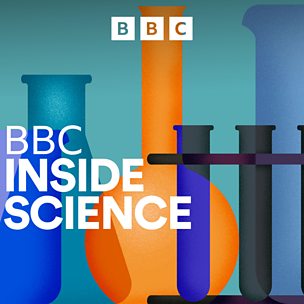BBC Inside Science - Coronavirus questions; HMS Challenger and ocean acidification; Sean Carroll's quantum world
Download Coronavirus questions; HMS Challenger and ocean acidification; Sean Carroll's quantum world
Adam Rutherford is joined by Professor of Virology at Nottingham University, Jonathan Ball, to help answer some of your questions on the latest coronavirus outbreak. Will it become endemic, and once infected and recovered how long are we resistant to the virus? And can face masks and alcohol hand gels help prevent infection?
In the 1870's the scientific research ship, HMS Challenger, sailed all the world's oceans measuring sea temperatures, ocean depths and sampling the geology of the seabed. But it's the seawater samples, containing microscopic zooplankton, preserved for 130 years which intrigued climate scientist Dr. Lyndsey Fox. She has been measuring the thickness of the shells of Foraminifera - tiny single-celled organisms - as a way of measuring how much the ocean has acidified over time. The shells are made of calcium carbonate, that is much harder to accrete when the pH drops.
Theoretical physicist Sean M. Carroll is very good at explaining the unexplainable. He chats to Adam about his latest book - Something Deeply Hidden: Quantum Worlds and the Emergence of Spacetime.
Producer: Fiona Roberts
Published on Thursday, 20th February 2020.
Available Podcasts from BBC Inside Science
Subscribe to BBC Inside Science
We are not the BBC, we only list available podcasts. To find out more about the programme including episodes available on BBC iPlayer, go to the BBC Inside Science webpage.
